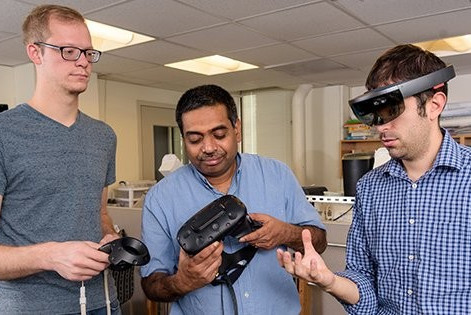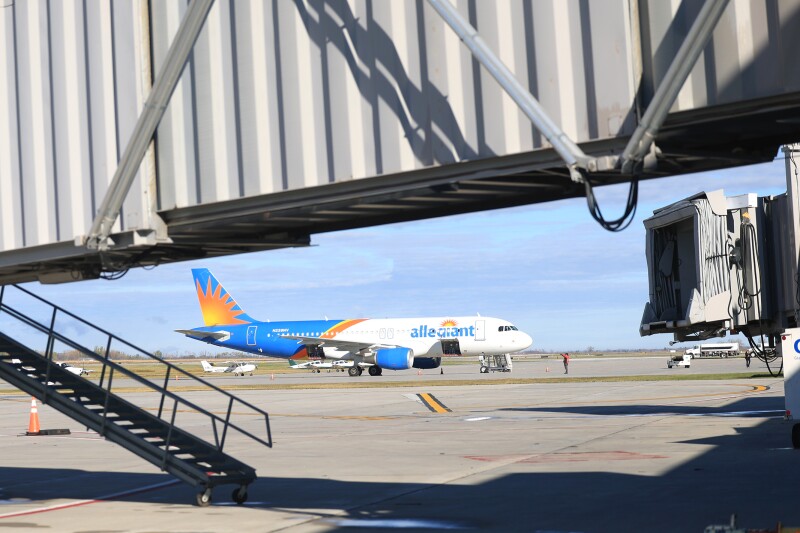
Chandra Kambhamettu, a prominent figure in advanced computing research, is set to join the University of South Florida (USF) this fall. With a career spanning over three decades in both academia and industry, including significant contributions to NASA in the 1990s, Kambhamettu aims to leverage advanced computing to address pressing global issues such as climate change, health, and safety.
Kambhamettu’s career has revolved around a central question: how can advanced computing solve high-stakes, real-world problems? His diverse inquiries have ranged from developing algorithms to analyze hurricane imagery at NASA to creating biomedical imaging tools for cancer research. He is bringing a multimillion-dollar research portfolio to USF’s Bellini College of Artificial Intelligence, Cybersecurity and Computing, one of the first colleges designed to integrate these vital fields.
From Early Curiosity to Groundbreaking Innovations
Kambhamettu’s journey into technology began in childhood, inspired by his father’s work in computing. The sight of punch cards piqued his interest, leading him to develop a passion for programming and systems. He later pursued a master’s and doctorate in computer vision at USF, collaborating with faculty to explore artificial intelligence (AI), facial recognition, and motion tracking. His early career included significant publications and presentations at leading conferences.
In the early 1990s, Kambhamettu joined NASA’s Goddard Space Flight Center as a research scientist. There, he developed algorithms that enabled near real-time analysis of hurricane imagery, transforming satellite data into operational code to estimate storm strength and trajectory. His innovative stereo imaging techniques, which utilized multiple satellite angles, earned him NASA’s Outstanding Scientist Award in 1996.
Kambhamettu’s accolades continued with recognitions such as the National Science Foundation’s NSF CAREER Award, highlighting his blend of teaching and research. His contributions have spanned various fields, including aerospace, agriculture, and medical imaging, reflecting his commitment to interdisciplinary collaboration.
Expanding Research Horizons
Kambhamettu’s impact transcends any single discipline. He has partnered with experts from diverse fields, including oceanography, radiology, and environmental engineering, to apply vision-based AI to real-world problems. He emphasizes that research must extend beyond disciplinary boundaries to address significant challenges.
His tenure at the University of Delaware, where he directed the Video/Image Modeling and Synthesis Lab, allowed him to further explore applications of AI. He led projects funded by organizations such as the National Institutes of Health and the National Oceanic and Atmospheric Administration, securing over $15 million in research funding.
Notable among his contributions is the paper “Deeply-Learned Feature for Age Estimation,” which introduced a deep learning approach to accurately estimate age from facial images. This work established new standards for accuracy in the field and earned recognition with the 2025 “Test of Time” award from the Winter Conference on Applications of Computer Vision, underscoring its lasting significance.
Kambhamettu’s ongoing projects include NSF-funded research on 3D dynamic scene reconstruction and environmental monitoring through satellite imagery. His work on tracking thinning ice in polar regions, which garnered a group achievement award from NASA, exemplifies the relevance of his research in addressing climate issues. Additionally, he has developed methods for detecting hidden landmines using drone-mounted sensors, further demonstrating the practical applications of his expertise.
As Kambhamettu transitions back to USF, he is excited to bring his lab and several doctoral students with him. He will teach graduate-level courses in computer vision and mentor students, reinforcing USF’s ambition to lead in applied computing.
Sudeep Sarkar, the launch dean of the Bellini College, expressed enthusiasm for Kambhamettu’s arrival, stating, “We’re building a college around people who are pushing the boundaries of technology, making it count.” Kambhamettu’s reputation as a respected, visionary thinker aligns with the college’s mission to explore how technology can address future challenges.
With his extensive background and commitment to impactful research, Kambhamettu is poised to contribute significantly to the University of South Florida and the broader field of advanced computing. His work not only exemplifies the potential of technology to address global issues but also inspires the next generation of scholars and researchers.







